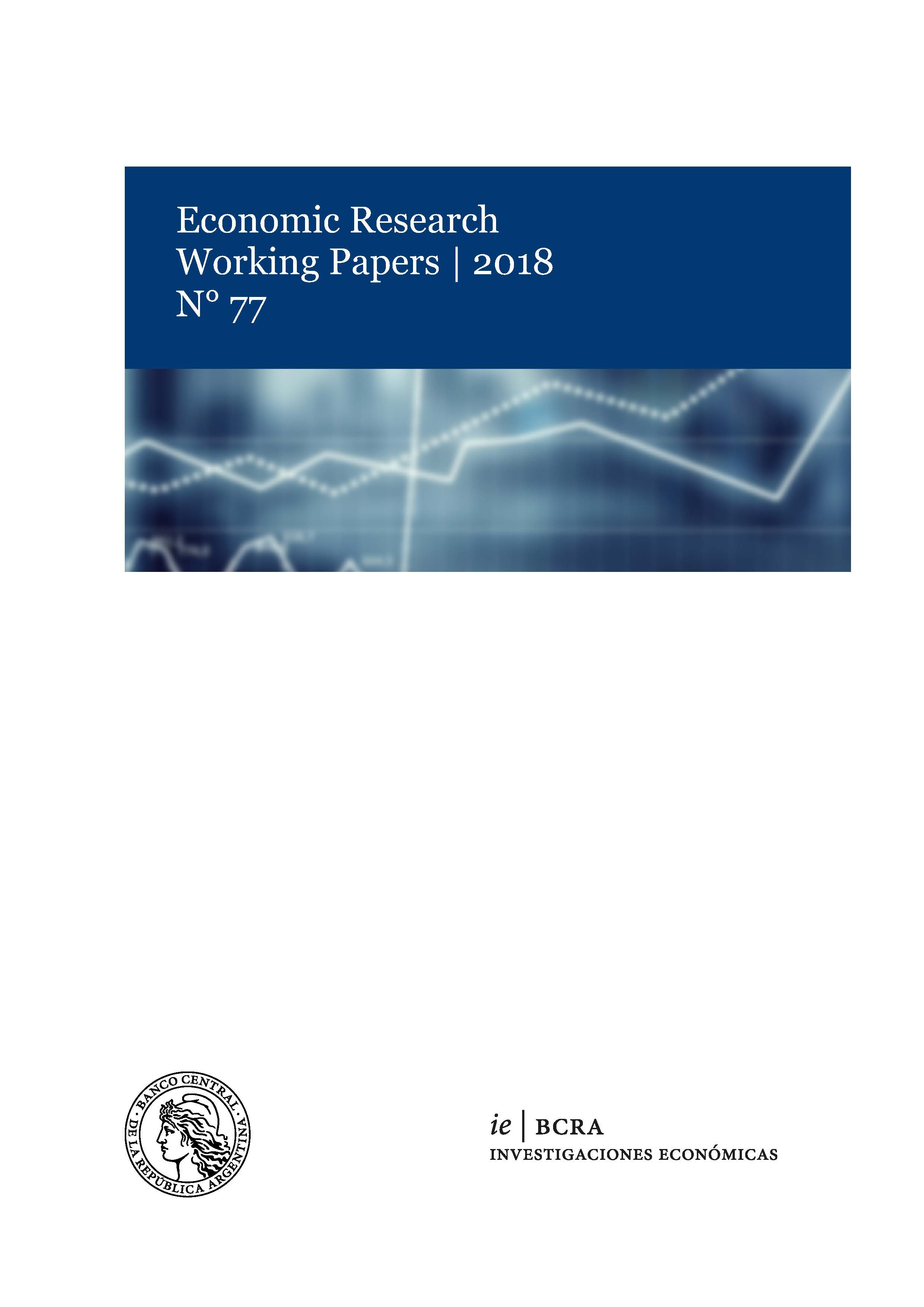Capital and Currency-Based Macroprudential Policies: An Evaluation Using Credit Registry Data
Working papers | 2018 | N 77
Keywords:
Macroprudential policy, Credit registry data, Panel data modelsAbstract
We aim to assess the impact of capital- and currency-based macroprudential policy measures on credit growth at the bank-firm level, using credit registry data from Argentina. We examine the impact of the introduction and tightening of a capital buffer and a limit on the foreign currency position of financial institutions on credit growth of firms, estimating fixed effects and difference-in-difference models for the period 2009-2014; we control for macroeconomic, financial institutions and firms variables, both observable and unobservable. We find that: the capital buffer and the limits on foreign currency positions generally contribute to moderating the credit cycle, both when introduced and when tightened; the currency-based measure appears to have a quantitatively more important impact; both measures operate on the extensive and the intensive margins and have an impact on credit supply. Macroprudential policies also have an effect on ex post credit quality: growth of non-performing loans is reduced after their implementation. In general, credit granted by banks with more capital and assets evidences a higher impact of the introduction of the capital buffer, while this measure also acts more strongly during economic activity expansions.
JEL classification: E58, G28, C33


